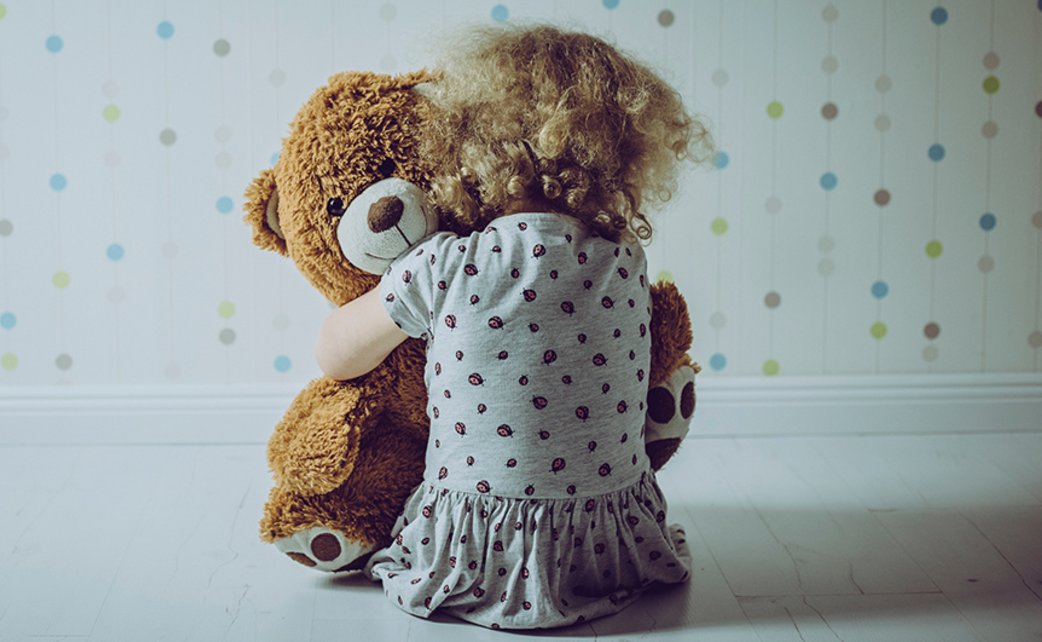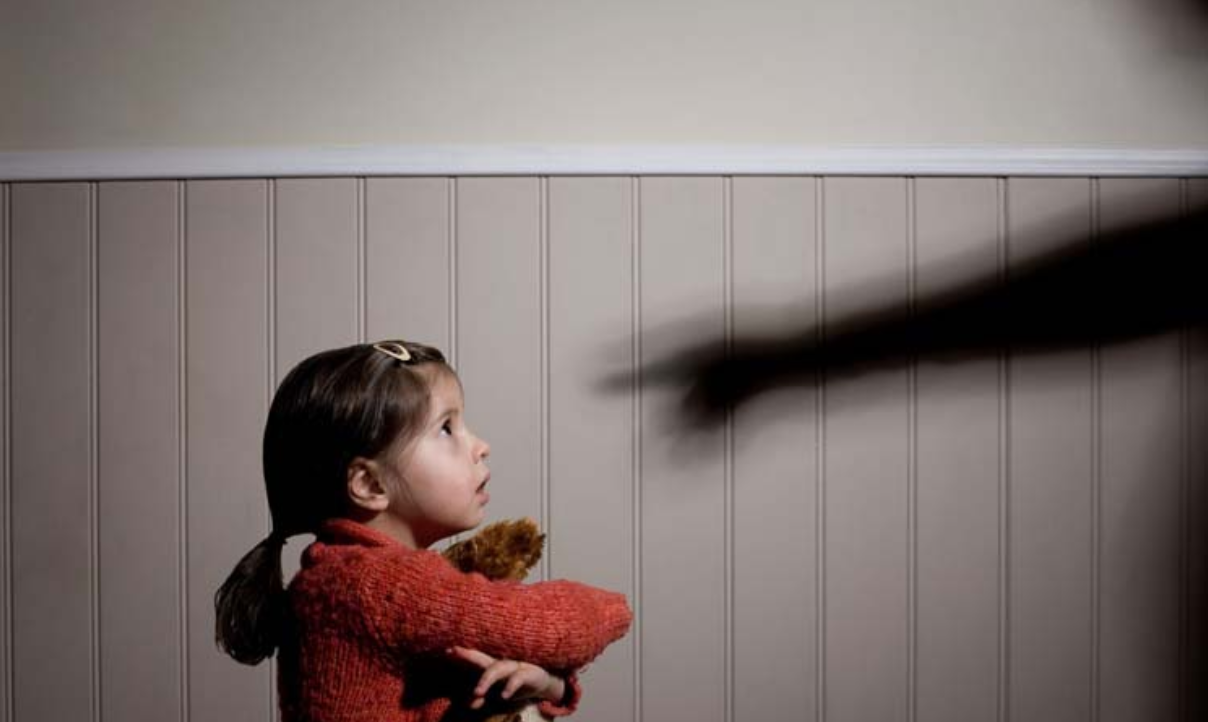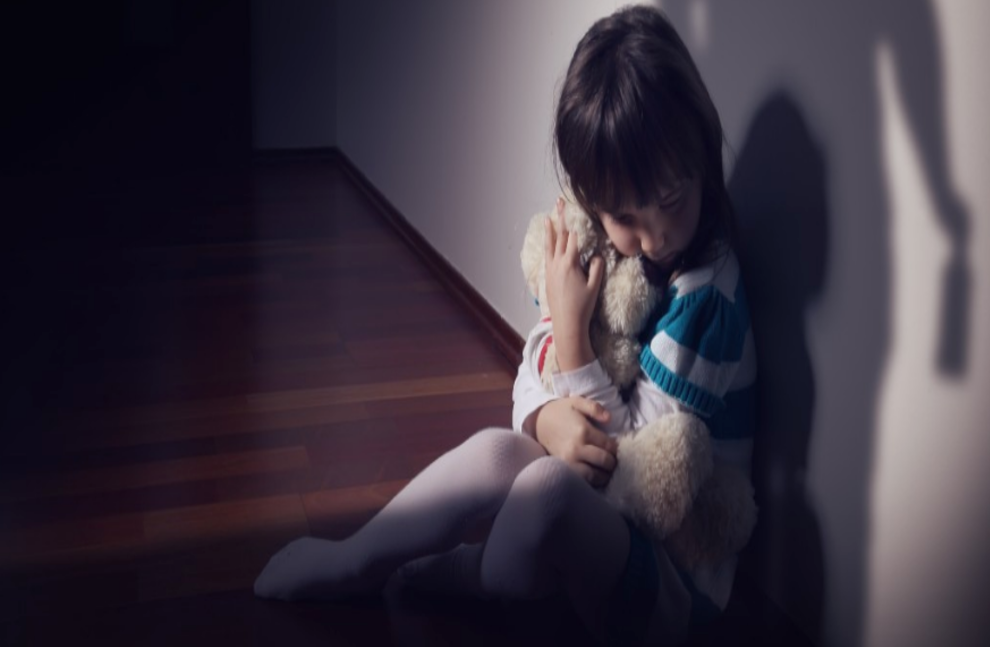By Evi Chrysoheri,
As human beings, we all share a common fate that cannot be avoided, our mortality. Each person’s time on this planet is predetermined, no matter how macabre that may sound. But what is their most important legacy? Certainly, some possess invaluable wealth, but what good is it without an heir? Descendants, and by extension children, are the future of every society. They are the reason for fighting daily, the hope for a better tomorrow. With this in mind, the question naturally arises: why does child abuse and neglect surge all around the world?
According to the law for the prevention and response to child abuse and exploitation, child abuse is defined as “any act or failure to intervene by a parent or other guardian that results in death, serious emotional or physical harm, sexual abuse or exploitation of a child“. Unfortunately, the phenomenon of child abuse is global and is found in high rates even in developed countries. Some examples of abuse are hitting, kicking, slapping, pulling ears, shouting and child labour. More specifically, child labour, which falls under the category of exploitation, is a burning issue that still has not been eradicated. “The children of the traffic lights” or “the children in cocoa production” are famous cases of minors who are forced to work under terrible conditions, instead of enjoying their youth. One of the worst types of abuse is sexual abuse, as it irreparably damages the child. It is distressing that, most of the times the perpetrators are relatives, often first-degree family members, though they are also found among more distant relatives. Therefore, these are cases of incest and, based on this, one can imagine how children’s perception of the people who were supposed to protect and raise them with love is irreparably damaged.

The recognition of child abuse as a social problem was only completed in 1969, when Dr. Henry Kempe and his associates defined it as a clinical condition with medically diagnosable physical symptoms resulting from deliberate assault. This was a pivotal moment as laws began to gradually be established for the protection of children, such as the ability to impose restraining orders on perpetrators, as well as severe penalties for guardians in case of neglecting minors. However, how many times have we heard in the news that parents forgot their children inside the car, resulting in them dying due to suffocation from lack of oxygen or even cases where children are drowning at the beach, again due to lack of parental supervision or indifference?
Violent and abusive behaviour towards a child can also have unpredictable consequences for the perpetrator. A striking example is Gypsy Rose Blanchard, whose mother, Dee Dee Blanchard, had convinced her from a young age that she suffered from severe health problems, forcing her to undergo major surgeries for illnesses she did not have.

When Gypsy was seven, or eight-years old, she had a minor accident after falling off her grandfather’s motorcycle, injuring her knee. Using this incident as a pretext, her mother convinced her that she would have to use a wheelchair from that point on. Thus, she stopped going to school as early as kindergarten, likely receiving homeschool lessons from her mother due to her supposed serious illnesses. On July 14 2015, her mother was found murdered. Later, Gypsy confessed that she killed her with the help of her boyfriend, Nicholas Godejohn. People immediately sympathized with Gypsy; they did not see her as a cold-hearted matricide but rather showed their support, condemning her abusive mother. The unfortunate young woman was, in reality, a victim.
Incidents like these, which have led to the death of either the parents or the children, are countless and so shocking, that only the most imaginative thriller writer could conceive them. Yet, they represent a horrifying reality. What goes wrong in these cases? Why did the social environment or school fail to recognize the severity of such situations? These incidents should serve as a powerful reminder that society must take a more active role and intervene when signs of child abuse emerge, rather than turn a blind eye.
References
- Καβανόζη Ελένη. “Η παιδική κακοποίηση στην οικογένεια. Ο ρόλος των επαγγελματιών υγείας. Ηθικά διλλήματα που αντιμετωπίζουν.” Δημοκρίτειο Πανεπιστήμιο Θράκης Τμήμα Ιατρικής. Available here
- Gypsy Rose Blanchard: Η περίεργη ιστορία μητροκτόνου που έγινε σταρ των social media. Πρώτο Θέμα. Available here




